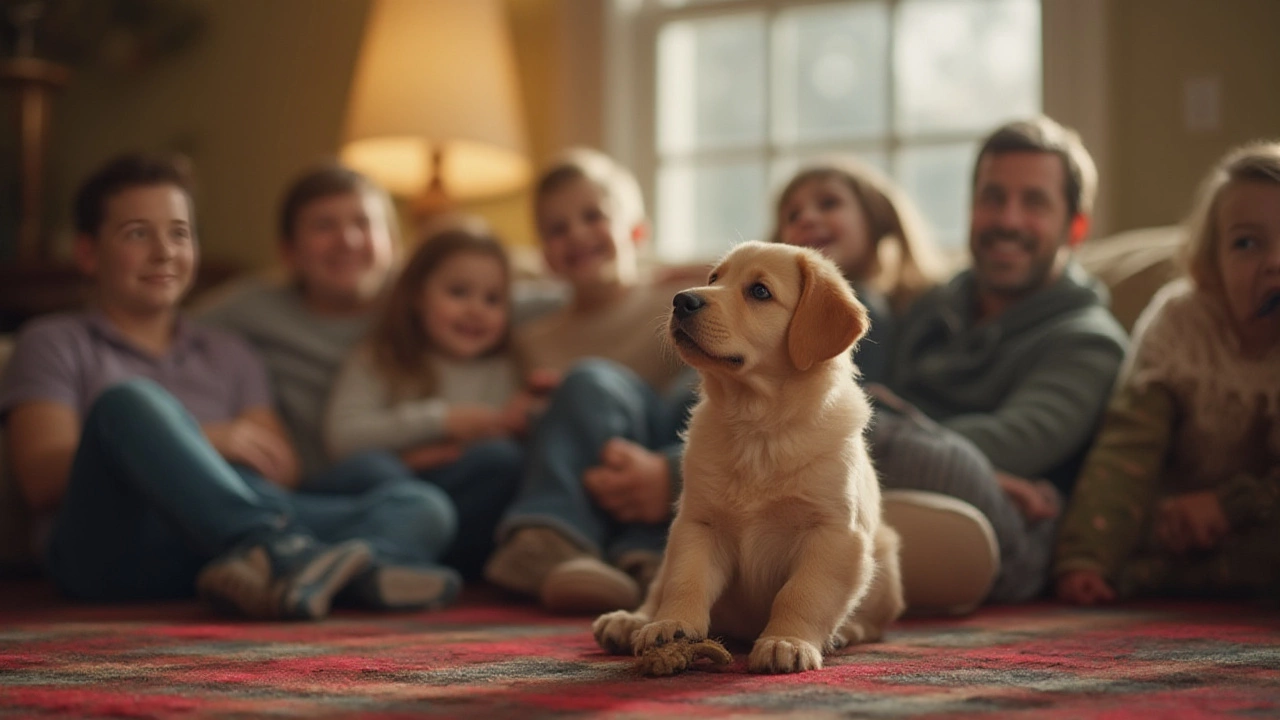Stop Puppy Biting: Simple Strategies That Work
If your puppy has turned your hand into a chew toy, you’re not alone. Most new dog owners deal with nibbles, nips and full‑on bites before the pup learns what’s okay. The good news? You can teach your puppy to play nicely without hurting anyone.
Why Puppies Bite
First, understand what’s driving the behavior. Puppies explore the world with their mouths, just like babies do. When they’re teething, their gums itch and any soft surface feels great. Biting is also a way to get attention – even a scold counts as a reaction. Finally, play with other puppies is full of gentle mouthing, so a young dog expects that kind of interaction.
How to Stop the Biting
1. Offer a chew outlet. Keep a basket of puppy‑safe toys nearby. When your pup goes for your hand, calmly replace it with a rope toy or a rubber chew. The goal is to make the toy more appealing than your skin.
2. Use the “yelp” cue. When a bite hurts, let out a quick, high‑pitched “yelp” and pull away. This mimics how littermates signal pain and often makes the puppy pause. After the pause, give a toy and praise the gentle play.
3. Time‑out for big bites. If the yelp doesn’t work and the bite is hard, give a short time‑out. Stop the interaction, turn your back, and ignore the pup for 30 seconds. The brief loss of attention teaches that biting ends the fun.
4. Teach “leave it” and “off”. Consistently use short commands when you see the mouth heading toward skin. Reward the pup the moment they stop the motion. Repetition builds the habit faster than random praise.
5. Choose the right toys. Look for toys that soothe sore gums – frozen washcloths, teething rings, or soft rubber bones. Rotate them so the pup stays interested and doesn’t get bored.
6. Keep training sessions short. Puppies have short attention spans. Ten‑minute basics, multiple times a day, keep learning fresh and prevent frustration that can lead to nipping.
7. Avoid rough play. Tug‑of‑war and wrestling can encourage a puppy to use their mouth. Stick to fetch, sit, and gentle games until the bite habit fades.
8. Use taste deterrents sparingly. Spraying a tiny amount of bitter spray on hands can discourage mouthing, but only use it if other methods fail. Too much can confuse the pup.
Every time you redirect a bite, you’re building a habit that lasts a lifetime. Consistency is the key – everyone in the household must follow the same rules, or the pup will get mixed signals.
Remember, patience pays off. Most puppies outgrow the nipping phase by the time they’re four to six months old, especially with the right guidance. Keep your expectations realistic, celebrate small wins, and enjoy the training journey.
When Do Puppies Stop Biting? Expert Puppy Biting Timeline & Tips
Curious when your puppy will stop biting? Learn what age puppies stop biting, why they bite, and get proven tips to curb puppy biting fast.
